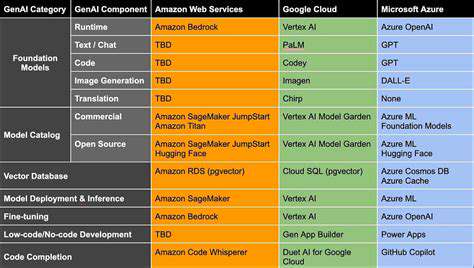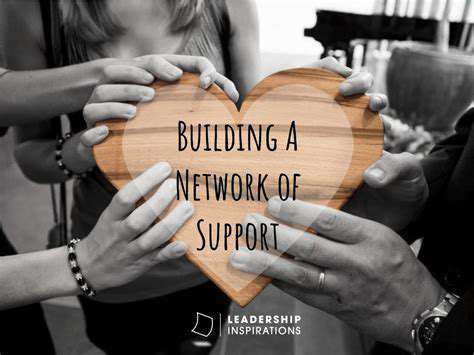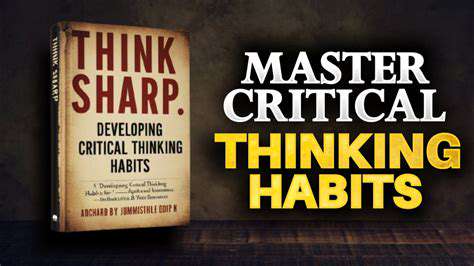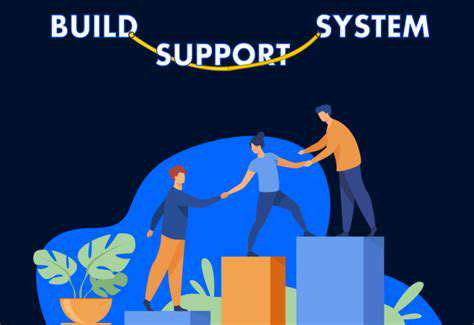How to Balance Study and Life
Prioritizing Your Time and Energy
Time management isn't about squeezing everything in - it's about making smart choices. Try this: color-code your calendar - blue for study blocks, green for social time, yellow for self-care. Seeing your week visually helps spot where you're overcommitting. And don't forget to schedule nothing time - those gaps save you when unexpected assignments pop up.
Recognizing and Managing Stress
Stress sneaks up quietly. That headache? The constant tiredness? Your body's warning signs. When you notice these, switch gears immediately. A 20-minute walk outside works better than three more hours of frustrated studying. Keep emergency stress-busters handy - meditation apps, workout playlists, or a friend's number for quick venting sessions.
Balancing Social Activities with Study Time
Here's a game-changer: treat social time like important appointments. Schedule them in advance and protect those slots. Quality beats quantity - one meaningful coffee date can recharge you more than three rushed parties. And remember, study breaks are perfect for quick social check-ins - a five-minute chat can lift your mood without derailing productivity.
Seeking Support and Embracing Flexibility

Understanding the Need for Support
Going solo sounds heroic until you hit a wall. The smartest students build networks before they need them. That professor who knows your name? The classmate who shares notes? They're your academic safety net. Start building these connections early - attend office hours, join study groups, and don't be shy to ask for help.
Defining Flexible Work Arrangements
Flexibility isn't just about location - it's about mindset. Maybe you focus better in 90-minute bursts with breaks, or perhaps you're sharper in early mornings. Track your energy patterns for a week, then design your schedule around your natural rhythms. This self-awareness is your secret weapon for productivity.
Building a Supportive Environment
Your study space matters more than you think. If roommates distract you, negotiate quiet hours. Can't focus at home? Scout three alternative locations - library carrels, quiet cafes, empty classrooms. Prepare a go-bag with chargers, snacks, and noise-canceling headphones so you can work anywhere when plans change.
Navigating Challenges and Setbacks
That failed midterm? The missed deadline? They're not failures - they're data points. The most successful students aren't those who never stumble, but those who learn from each misstep. After any setback, ask: What specifically went wrong? What warning signs did I miss? How will I adjust next time?
Prioritizing Self-Care and Well-being
Burnout doesn't announce itself - it creeps in. Schedule self-care like it's a final exam, because your health is worth that priority. That means real breaks - not just scrolling social media. Try the 5-5-5 method: 5 minutes stretching, 5 minutes hydrating/snacking, 5 minutes fresh air. These micro-breaks keep your brain sharp for marathon study sessions.
Leveraging Technology and Tools
Your phone isn't just for memes - it's a productivity powerhouse. Use apps that work with your style: Forest for focus, Todoist for tasks, or even simple voice memos to capture ideas on the go. But here's the key - set app limits so your tools don't become time-wasters. Technology should serve you, not distract you.

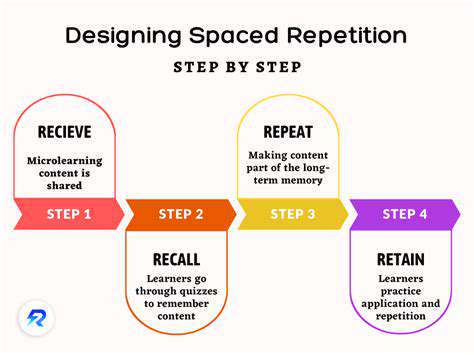
![Guide to Learning [Specific Software, e.g., Excel]](/static/images/31/2025-04/CreatingandFormattingCharts3AVisualizingYourData.jpg)

